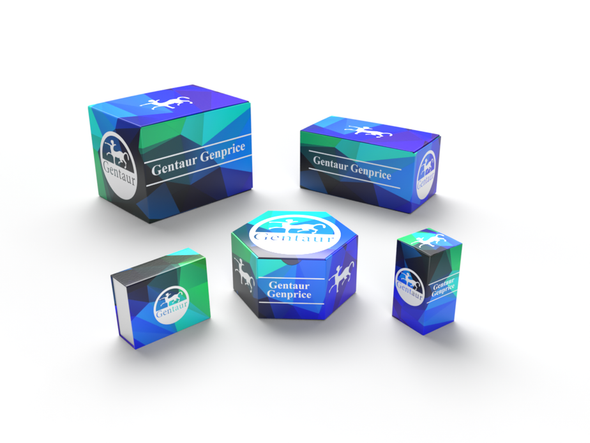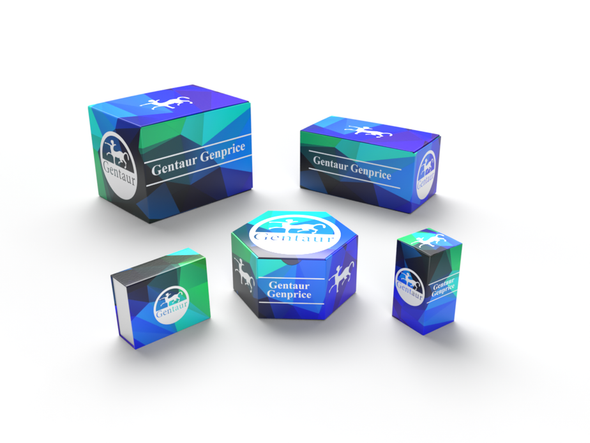BW
NMDA ε 2 (phospho-Y1336) polyclonal Antibody | BS4909
- SKU:
- BW-BS4909
- Availability:
- Usually ships in 5 working days
Description
NMDA ε 2 (phospho-Y1336) polyclonal Antibody | BS4909 | Gentaur UK, US & Europe Distribution
Host: Rabbit
Reactivity: Human,Rat,Mouse
Application: WB
Application Range: WB: 1:500~1:1000
Background: Glutamate receptors mediate most excitatory neurotransmission in the brain and play an important role in neural plasticity, neural development and neurodegeneration. Lonotropic glutamate receptors are categorized into NMDA receptors and kainate/AMPA receptors, both of which contain glutamategated, cation-specific ion channels. Kainate/AMPA receptors are co-localized with NMDA receptors in many synapses and consist of seven structurally related subunits designated GluR-1 to -7. The kainate/AMPA receptors are primarily responsible for fast excitatory neurotransmission by glutamate, whereas the NMDA receptors exhibit slow kinesis of Ca2+ ions and a high permeability for Ca2+ ions. The NMDA receptors consist of five subunits: ε 1, 2, 3, 4 and one ζ subunit. The ζ subunit is expressed throughout the brainstem whereas the four ε subunits display limited distribution.
Storage & Stability: Store at 4°C short term. Aliquot and store at -20°C long term. Avoid freeze-thaw cycles.
Specificity: p-NMDA ε 2 (Y1336) polyclonal Antibody detects endogenous levels of NMDA ε 2 protein only when phosphorylated at Tyr1336 .
Molecular Weight: ~ 190 kDa
Note: For research use only, not for use in diagnostic procedure.
Alternative Names: Glutamate receptor ionotropic, NMDA 2B; GluN2B; Glutamate [NMDA] receptor subunit epsilon-2; N-methyl D-aspartate receptor subtype 2B; NMDAR2B; NR2B; N-methyl-D-aspartate receptor subunit 3; NR3; hNR3; GRIN2B; NMDAR2B
Immunogen: Synthetic phosphopeptide derived from human NMDA ε 2 around the phosphorylation site of Tyrosine1336.
Conjugate: Unconjugated
Modification: Phosphorylation
Purification & Purity: The Antibody was affinity-purified from rabbit antiserum by affinity-chromatography using epitope-specific immunogen and the purity is > 95% (by SDS-PAGE) .
Pathway:






